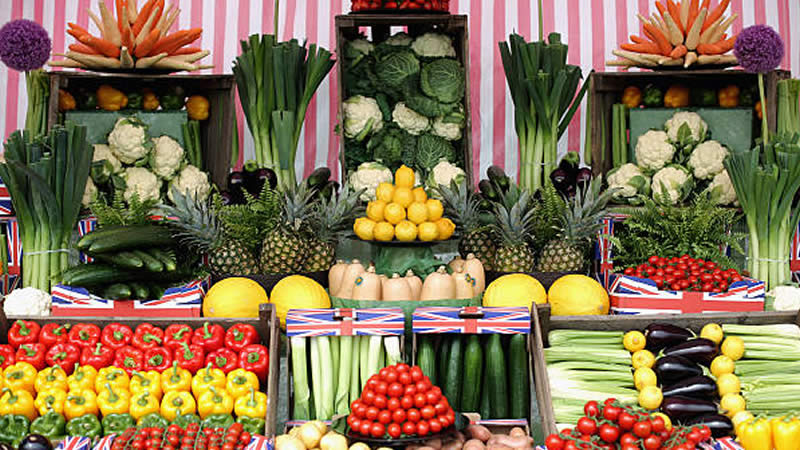Being diagnosed with diabetes can be confusing, stressful, and scary. A diabetes diagnosis requires lifestyle changes that may seem daunting at first , but knowing which foods will help manage your blood sugar can make all the difference.
Diabetes is a disease that affects how the body uses blood sugar, which is necessary for energy for vital bodily functions (via Mayo Clinic).
Type 1 diabetes impacts the pancreas, which is responsible for creating insulin, a hormone that allows the cells to use glucose in the bloodstream.
In type 2 diabetes, the cells become resistant to insulin, and the pancreas cannot make enough to balance this out. In both types, blood sugar builds up in the system, leading to serious health problems like cardiovascular disease, nerve damage, kidney damage, hearing impairment, and Alzheimer’s disease.
Symptoms include increased thirst, frequent urination, blurred vision, extreme hunger, unexplained weight loss, fatigue, and irritability.
Diabetes can be managed through lifestyle changes, including dietary changes (via Mayo Clinic). Focus on prioritizing fruits, vegetables, lean proteins, and whole grains, which are foods high in fiber and low in fat and calories. You should also reduce your intake of saturated fats, refined carbohydrates, and sweets.
Some of the best fruits and vegetables for diabetes management are not only nutritional powerhouses but can also help to regulate your blood sugar (via Diabetes Care Community).
Berries are a great choice as they’re low in sugar and rich in antioxidants, which can help prevent cell damage in the body.
One 2017 study showed that women who consumed antioxidant-rich foods like berries in high quantities reduced their diabetes risk by 27%. Citrus fruits like oranges and grapefruit help slow the absorption of sugar into the bloodstream since they’re high in fiber, per Diabetes Care Community.
Apples also have high fiber content and even contain chemicals called anthocyanins, which can help manage your blood sugar. (You can find these in cherries, as well.) Apples are high in carbohydrates, though, so be sure to opt for a small one.
As for vegetables, go for dark leafy greens like kale or spinach, which are full of minerals and omega-3 fatty acids. One 2010 study showed that eating a little more than a cup of these per day reduced diabetes risk by 14%. Sweet potato and broccoli are also full of fiber and slow blood sugar absorption.
Zucchini is another good option, as it contains vitamin B, zinc, and magnesium, which are great for stabilizing blood sugar, Diabetes Care Community reports.



